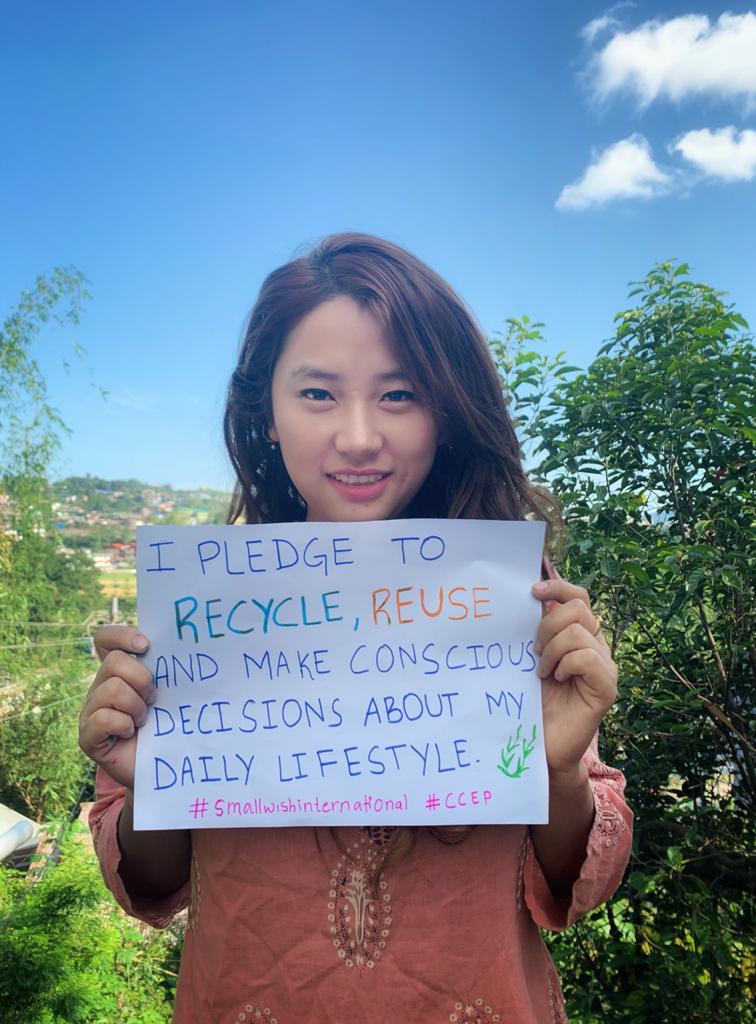How we drive change
The classroom experience is engaging, interactive, and age-appropriate—blending storytelling, project-based learning, visual media, games, and outdoor activities to connect children with nature in meaningful ways. We use proven pedagogical approaches and innovative teaching methods to ensure meaningful learning.
The curriculum span topics such as plastic pollution, biodiversity loss, endangered species conservation, climate change, deforestation, water and air pollution, and sustainable living. Lessons are age-appropriate and linked to real-life contexts, helping students understand ecosystems, human impact on nature, and the importance of conservation.




